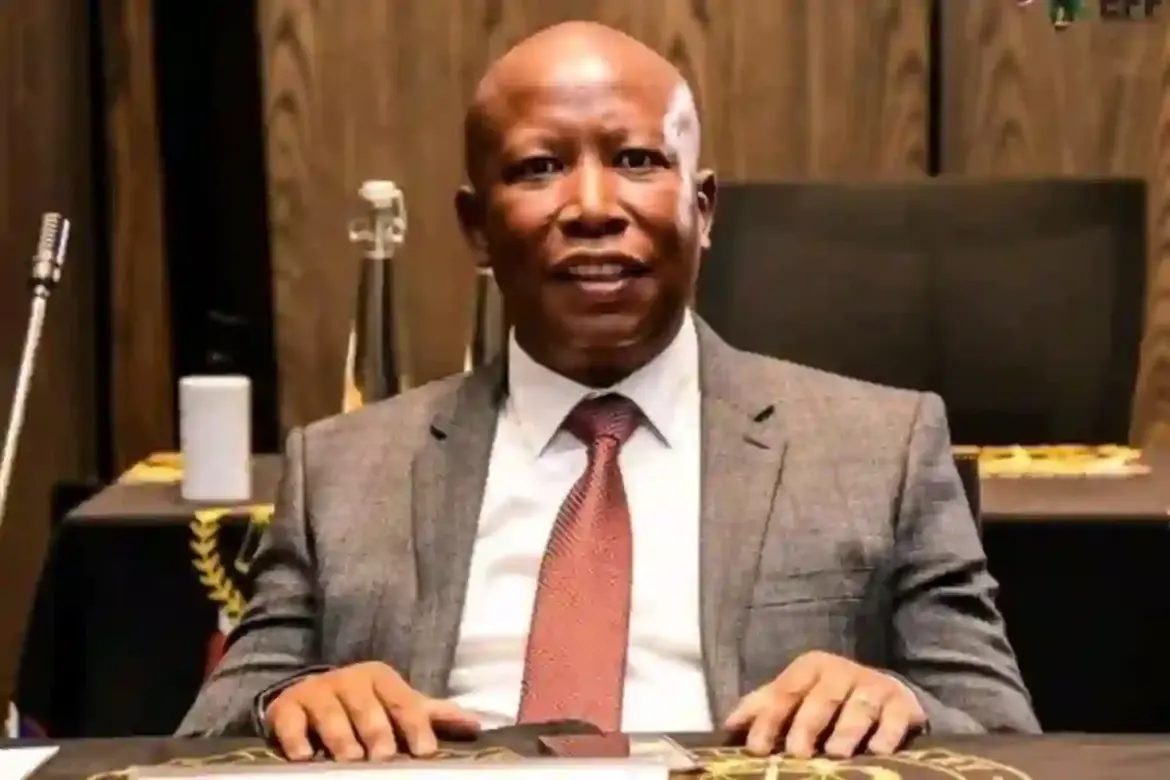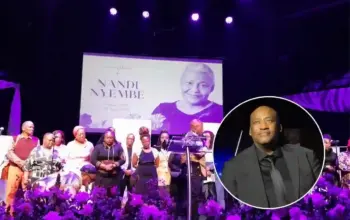South Africa’s political landscape was shaken on Wednesday as the Equality Court in the Western Cape ruled that EFF leader Julius Malema is guilty of hate speech and incitement to violence.
The case stemmed from comments he made during a 2022 rally in Cape Town, which the court deemed dangerously provocative.
Controversial Rally Comments Under Scrutiny
During the rally, Malema told his supporters they should “never be scared to kill” anyone who posed a threat to the EFF.
His remarks were directed at individuals he described as racist, warning that they would “meet their maker with immediate effect.”
These statements were linked to a 2020 confrontation outside Brackenfell High School, where parents clashed with EFF demonstrators protesting what they alleged was a racially exclusive matric dance.
Judge Condemns Call to Violence
Judge Mark Sher delivered a stern ruling, saying that Malema’s comments went beyond political rhetoric and amounted to hate speech and incitement to harm.
He described the call to kill as “an act of vigilantism and an incitement of the most extreme form of harm possible.”
The judge emphasized that South Africa’s Equality Act exists to bridge divisions created by the country’s history of racial oppression.
He warned that inflammatory statements from a major political leader could ignite widespread racial violence.
“Even if someone has acted reprehensibly, such as engaging in racist behaviour, that does not justify calls to kill them,” Judge Sher added.
EFF Rejects Court Findings
The Economic Freedom Fighters immediately rejected the ruling, arguing that the court misinterpreted Malema’s speech.
The party claimed the judgment stripped the remarks of their historical and revolutionary context, framing political critique as criminal behaviour.
In a statement, the EFF maintained that Malema’s words were rhetorical and not intended as literal instructions to commit violence.
Political Reactions and Implications
The Democratic Alliance welcomed the verdict, hailing it as a win for the rule of law and South Africa’s constitutional values.
DA leader John Steenhuisen criticized Malema for repeatedly using rhetoric that incites hatred and division, warning that such statements harm the country’s reputation globally.
The ruling has reignited debate over whether political leaders should be held accountable when their words risk inflaming violence and social unrest.
Public Engagement and Discussion
South Africans are now invited to share their views on the case.
The question remains: should political figures face legal consequences for speeches that could fuel violence? Readers can leave comments online or connect via WhatsApp for discussion.



